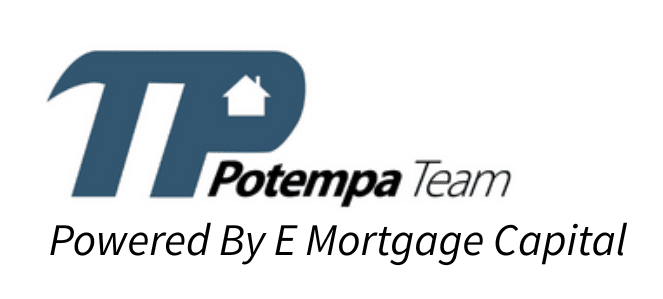Many homeowners take advantage of the refinance option to reduce monthly mortgage payments, lower interest rates or to get a shorter term on the mortgage. Another benefit of refinancing that many homeowners take advantage of is using the equity in their home to pay off debts or make home improvements. If you are considering a refinance you may be wondering how much equity you need to be able to do so. There are some general guidelines that can help you decide if you’ll be able to refinance your mortgage.
Understanding Loan-To-Value (LTV) Ratio
Equity is the portion of your home that you actually own. It represents the amount of money you would get if you sold your home minus the mortgage. The higher the equity you have in your home the easier it is to refinance. The rationale behind this is that if your stake in the property is high, you’ll be less likely to default on the loan. When seeking a refinance, you’ll want to know your loan-to-value ratio. To determine this, you’ll need to divide your mortgage by your home’s value. Lenders generally want to see LTV of 80% or less. The higher the LTV, the more equity you have in your home.
20 Percent Equity Rule
A good rule of thumb that lenders look at is that you have 20 percent or more equity in your home. However, if your equity is less than 20 percent that will not automatically disqualify you from refinancing. Lenders will look at your credit rating. If you have good credit, you may be able to refinance with less than 20 percent equity. You should be aware, however, that your lender may charge higher interest or require you to purchase mortgage insurance.
Mortgage Insurance
If you are refinancing with less than 20 percent equity in your home, you will likely be required to purchase mortage insurance. This insurance protects the lender should the homeowner default on mortage payments. You can pay for the insurance as a monthly payment or an up-front lump sum. If you are not taking cash out of the refinance, you may be able to refinace up to 95 percent of the home’s value on a conventional mortage.
Get an Appraisal
Before you’ll be able to refinance, you will be required to get an appraisal of your property. The appraisal will determine the property value which will help your lender determine your eligibility for refinancing. The appraisal wil determine what the property would sell for. If you are refinancing through FHA, an appraisal will take into account health and safety issues. Such issues can include roof leaks or ventilation issues to name a couple. Such issues will reduce the amount of the appraisal which also reduces the equity you have in your home.
If you’re thinking about refinancing your home, you need to work with a lender that will work hard to get you the best refinance. You can rely on the mortgage professionals at Potempa Team to answer your questions and get you the best deal on a refinance. We understand that your home is the biggest investment you’ll make so we want you to have the greatest experience possible with us. Give us a call today to see how we can help you.





